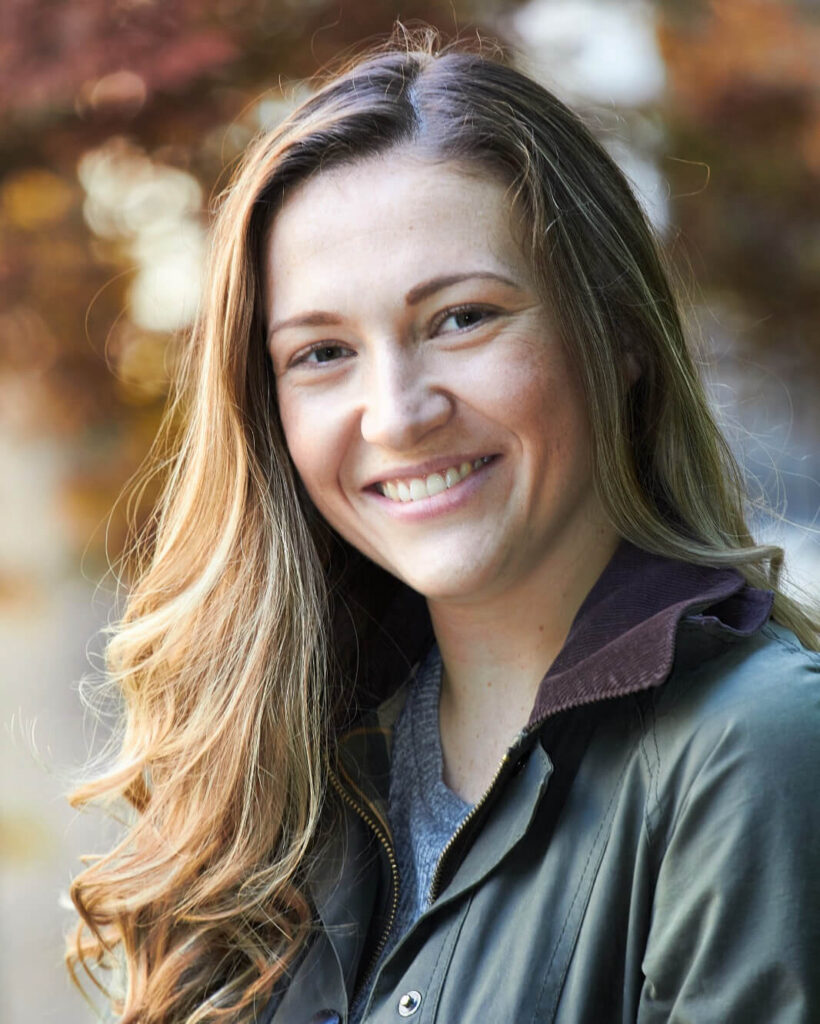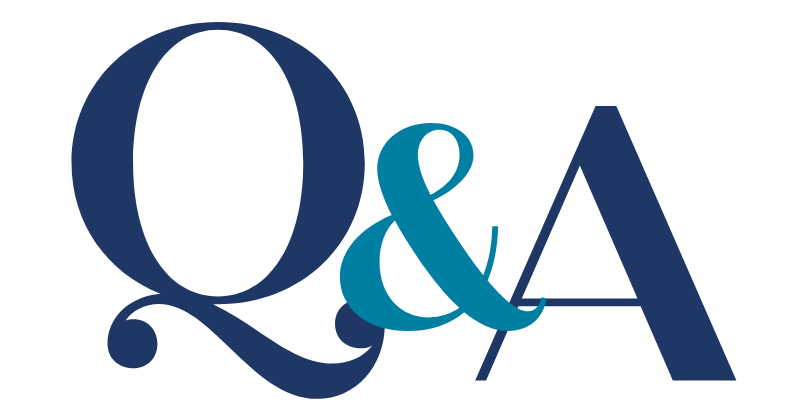Exam Shocks & Costly Responses: A Q&A with Annabel Thornton

Q&A with Annabel Thornton
Exam Shocks & Costly Reponses
On June 4, Annabel Thornton, a PhD candidate from U of T’s Department of Economics, supervised by Professor Dwayne Benjamin, delivered a lunch and learn session on how exam scheduling can affect student performance, choice of major, and even future earnings upon graduation.

We caught up with her to find out more about her research, what her findings could suggest, and how she decided to study economics in the first place.
MM: What do you like to do in your spare time?
SS: I enjoy baking, cooking, reading, and exploring the many trails and conservation areas around my home.
RI: In my spare time, I enjoy cooking and teaching Arabic as a volunteer.
